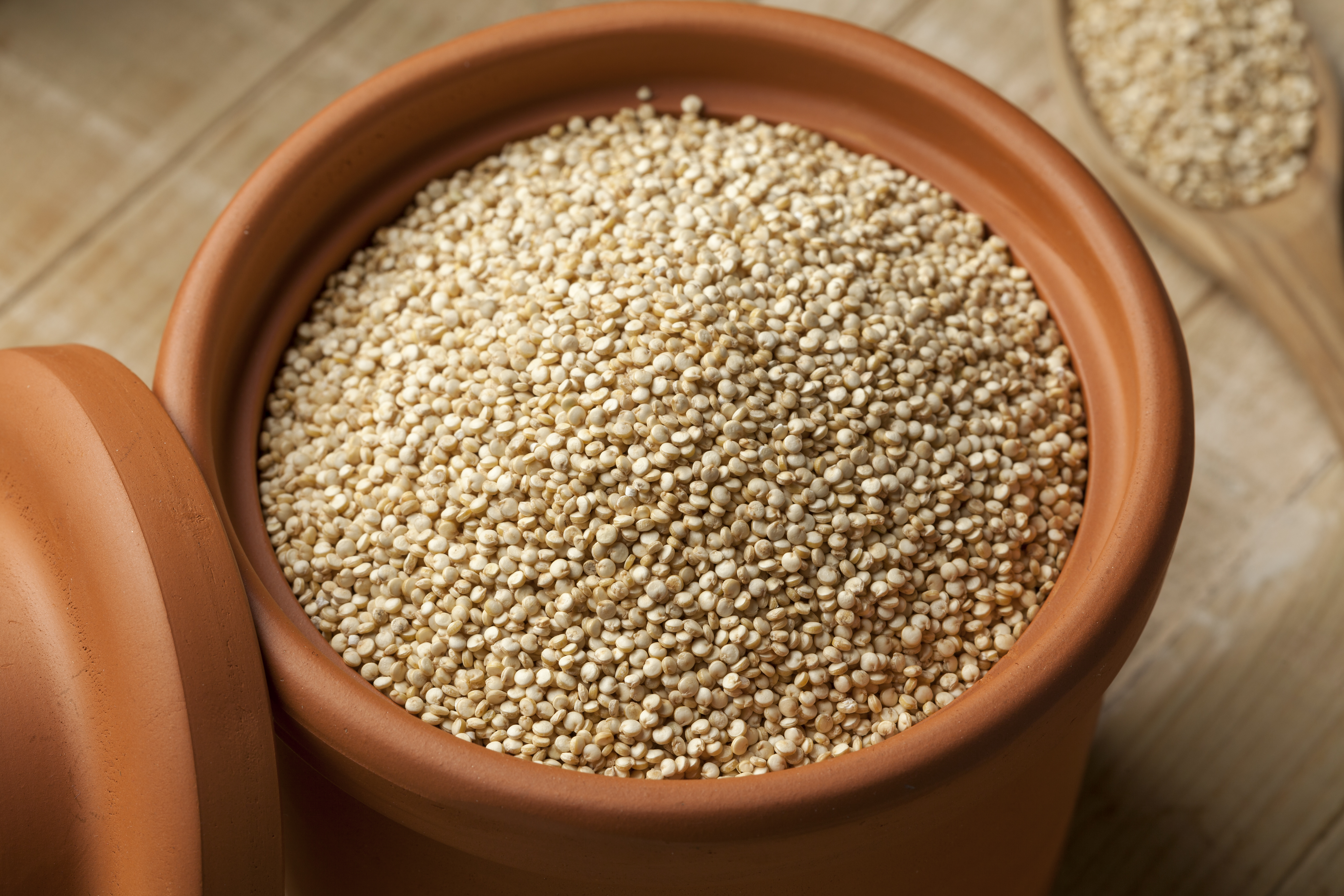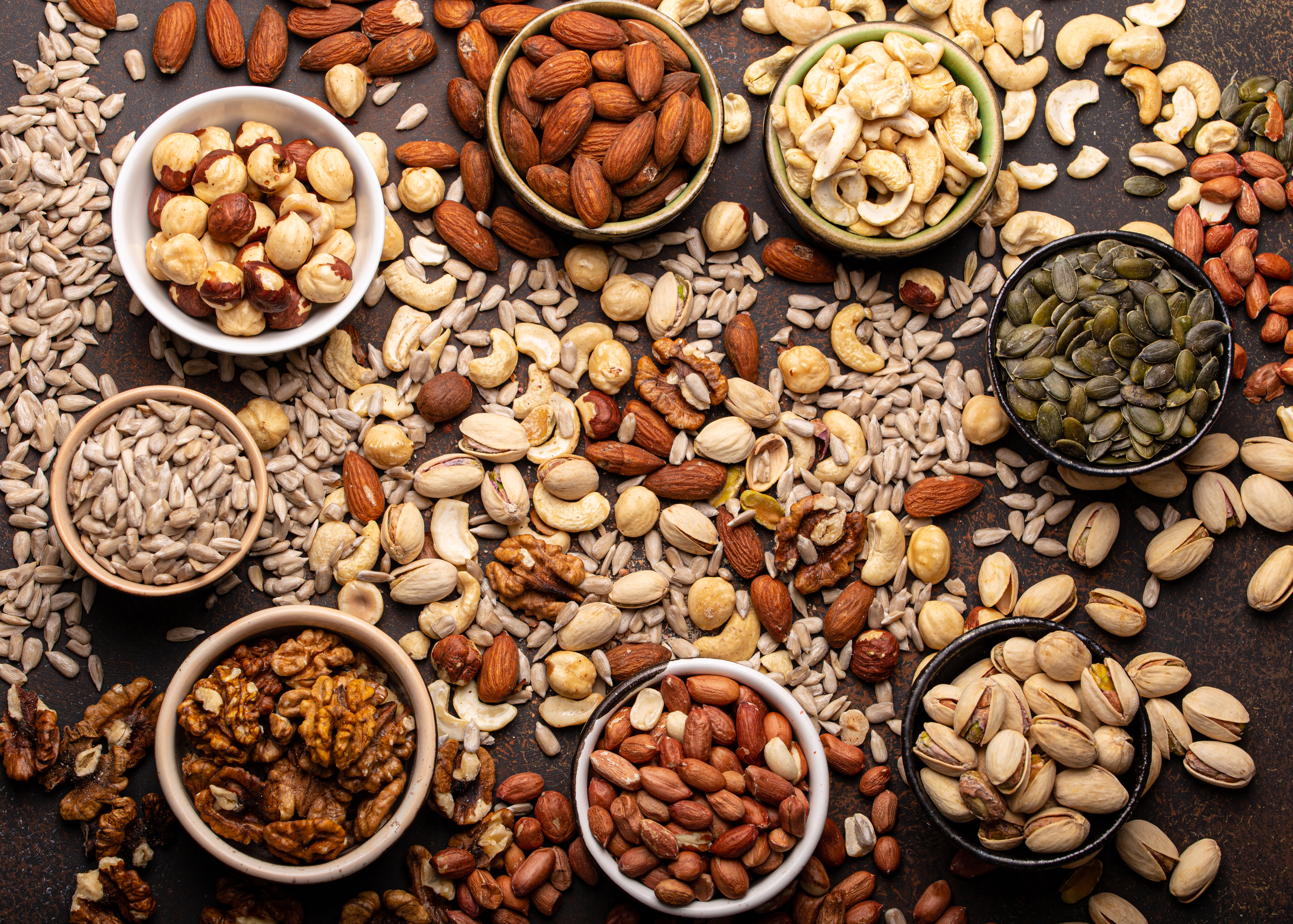Best Foods To Supercharge Your Gut Microbiome
5. Whole Grains: The Gut-Friendly Carbohydrates

Whole grains are an essential component of a gut-friendly diet, providing a rich source of fiber and nutrients that support the health and diversity of the gut microbiome. Unlike refined grains, whole grains retain their bran, germ, and endosperm, offering a complete package of fiber, vitamins, minerals, and antioxidants. Foods such as oats, quinoa, brown rice, and barley are excellent choices for promoting gut health, as they provide both soluble and insoluble fiber that feeds beneficial bacteria. The fiber in whole grains acts as a prebiotic, stimulating the growth and activity of beneficial microbes in the gut. This, in turn, enhances the production of short-chain fatty acids, which are crucial for maintaining the integrity of the gut lining and reducing inflammation. Regular consumption of whole grains has been linked to a more diverse and resilient gut microbiome, as they help to increase the abundance of beneficial bacteria while reducing harmful strains. Incorporating whole grains into your diet is easy and versatile. They can be enjoyed as a base for salads, added to soups and stews, or used as a side dish. When choosing whole grains, opt for minimally processed options to maximize their nutritional benefits. By making whole grains a staple in your diet, you can support a healthy gut microbiome and promote overall well-being.
6. Nuts and Seeds: The Nutrient-Dense Snacks

Nuts and seeds are nutrient-dense snacks that offer a wealth of benefits for the gut microbiome. These plant-based foods are rich in fiber, healthy fats, vitamins, and minerals, making them an excellent choice for supporting gut health. Almonds, walnuts, chia seeds, and flaxseeds are particularly high in fiber, providing prebiotics that feed beneficial bacteria and promote their growth. The healthy fats in nuts and seeds also have anti-inflammatory properties, further supporting a healthy gut environment. The consumption of nuts and seeds has been associated with a more diverse and resilient gut microbiome. The fiber content in these foods helps to increase the production of short-chain fatty acids, which are essential for maintaining the integrity of the gut lining. Additionally, nuts and seeds contain a range of phytochemicals that have antioxidant and anti-inflammatory properties, further promoting gut health. By including a variety of nuts and seeds in your diet, you can support a balanced and thriving microbial community. Nuts and seeds can be enjoyed as a snack, added to salads, or used as a topping for yogurt and oatmeal. They can also be ground into nut butters or used as a base for energy bars. When consuming nuts and seeds, opt for raw or minimally processed options to maximize their nutritional benefits. By making nuts and seeds a regular part of your diet, you can nourish your gut microbiome and support overall well-being.
